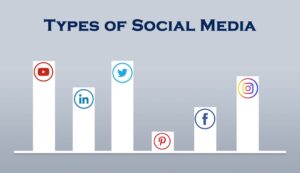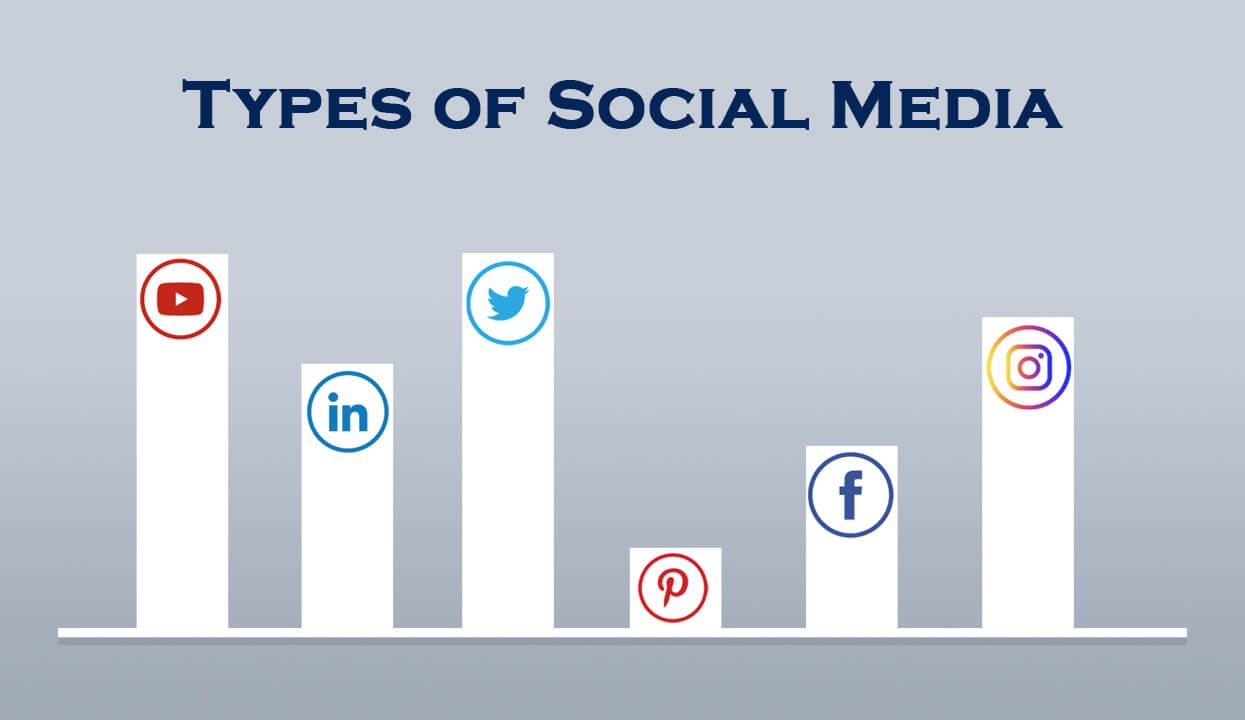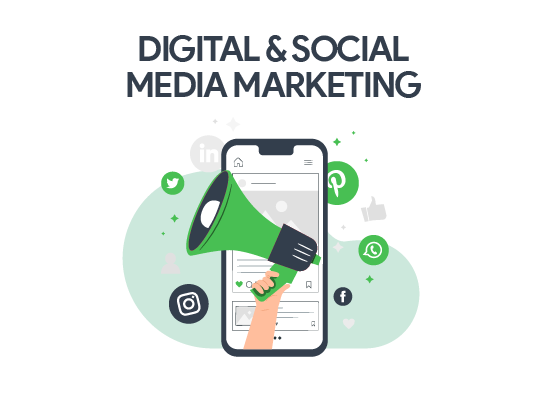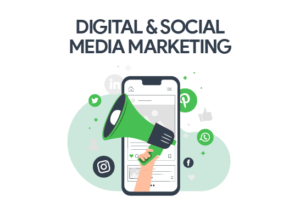Exploring the Diverse Landscape of Social Media Marketing: Types and Strategies
- 14 February 2024
- by: Aniyya Nawab
- in: Blog
- Tags: Advertising, facebook, instagram, social marketing, social media, social networking, tiktok, twitter, video marketing
- note: no comments
Exploring the Diverse Landscape of Social Media Marketing: Types and Strategies
In the ever-evolving realm of digital marketing, social media has emerged as a powerful tool for businesses to connect with their audience, build brand awareness, and drive engagement. With platforms like Facebook, Twitter, TikTok, YouTube, and Instagram dominating the internet landscape, marketers have a plethora of options at their disposal to reach their target demographics. Understanding the different types of social media marketing and how to leverage them effectively is essential for maximizing results and achieving marketing objectives.
1. Content Marketing: Content marketing is a cornerstone of social media marketing strategies. It involves creating and sharing valuable, relevant, and consistent content to attract and retain a specific audience. This content can take various forms, including blog posts, articles, videos, infographics, and more. By providing informative and entertaining content that resonates with their audience’s interests and needs, businesses can establish themselves as authorities in their industry, drive engagement, and foster brand loyalty.
2. Influencer Marketing: Influencer marketing has gained significant traction in recent years, leveraging the popularity and credibility of social media influencers to promote products or services. Influencers, who have amassed large followings on platforms like Instagram, TikTok, and YouTube, collaborate with brands to endorse their offerings to their audience. By partnering with influencers whose values align with their brand and target demographic, businesses can tap into their influence and reach a wider audience, driving awareness and conversions.
3. Paid Advertising: Paid advertising on social media platforms offers businesses a targeted and cost-effective way to reach their desired audience. Platforms like Facebook, Twitter, and Instagram offer sophisticated targeting options based on demographics, interests, behavior, and more, allowing marketers to tailor their ads to specific audience segments. Whether it’s through sponsored posts, display ads, or video ads, paid advertising enables businesses to increase brand visibility, drive website traffic, and generate leads or sales.
4. Social Media Contests and Giveaways: Contests and giveaways are effective tactics for engaging with the audience and increasing brand awareness on social media. By hosting contests that encourage user-generated content, such as photo or video submissions, businesses can foster community interaction and amplify their reach as participants share their entries with their networks. Similarly, giveaways incentivize engagement by offering prizes or rewards in exchange for actions like liking, sharing, or commenting on posts, driving virality and engagement.
5. Social Media Listening and Engagement: Social media listening involves monitoring and analyzing conversations and mentions about a brand, industry, or relevant topics on social media platforms. By actively listening to their audience’s feedback, concerns, and sentiments, businesses can gain valuable insights into consumer preferences, trends, and pain points. Engaging with their audience through comments, messages, and responses demonstrates authenticity, builds trust, and fosters meaningful connections, ultimately strengthening brand loyalty and advocacy.
6. Video Marketing: Video marketing has become increasingly popular on social media platforms, with platforms like YouTube, TikTok, and Instagram Reels leading the way. From short-form videos to long-form tutorials and live streams, video content offers businesses a dynamic and engaging way to communicate with their audience. By leveraging the visual and interactive nature of video, businesses can showcase their products or services, tell compelling stories, and entertain or educate their audience, driving engagement and conversion.
In conclusion, the landscape of social media marketing is vast and diverse, offering businesses a multitude of strategies and tactics to achieve their marketing goals. Whether it’s through content marketing, influencer collaborations, paid advertising, social media contests, engagement strategies, or video marketing, understanding the different types of social media marketing and how to leverage them effectively is crucial for success in today’s digital age. By embracing the power of social media platforms like Facebook, Twitter, TikTok, YouTube, and Instagram, businesses can connect with their audience on a deeper level, drive engagement, and ultimately, achieve their objectives.



